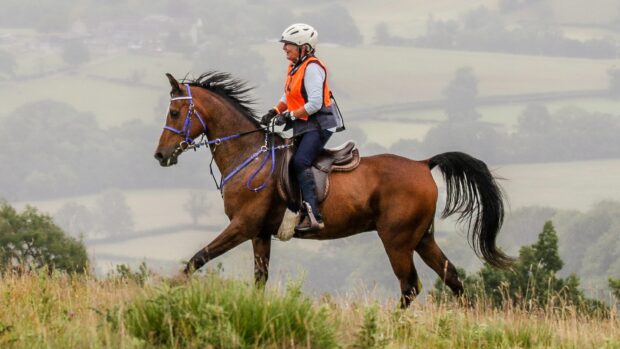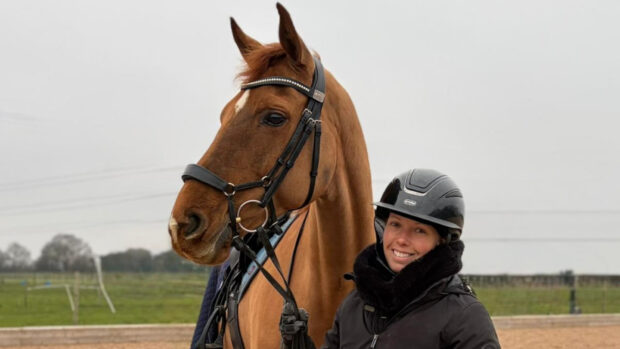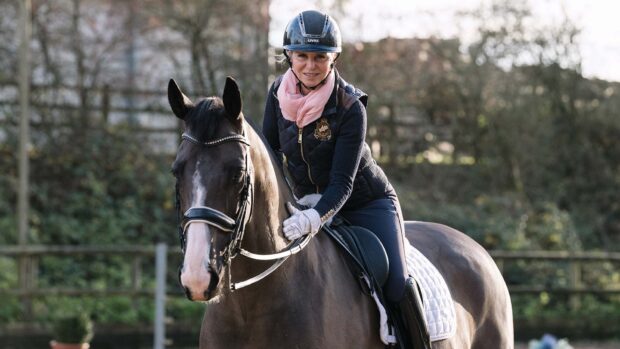The equine flu vaccination shortage in the UK is thought to have been remedied – as recent outbreaks show the need for disease control measures.
H&H reported this summer and autumn that there were fears of a shortage, owing to issues experienced by a supplier. But the British Equine Veterinary Association (BEVA) told H&H it is expected that the vaccination that was temporarily unavailable will become available next week, and there should already be enough here as alternative vaccines have been imported from the US.
But in recent days, a number of cases of equine flu have been reported, some linked to a Shetland pony sale in Worcestershire (16-18 October) and others in horses recently imported from Ireland. The latter include “multiple cases” reported this morning (4 November).
BEVA president David Rendle told H&H the cases show the importance of vaccination, and of biosecurity measures applied to horses arriving on yards.
“There was no requirement for vaccination prior to entry to the Shetland sale and some of the unvaccinated ponies that attended the sale developed ‘flu after they returned home and have spread infection to stablemates,” Mr Rendle said.
“We are aware of six outbreaks spread across England, Scotland and Wales. The breed society has acted very responsibly and has cancelled further events limiting the potential for further spread. The Shetland Pony Stud Book Society has very responsibly and promptly alerted its membership and those who attended the sale. Credit must also go to the organisers of The North and Mid Wales Shetland Pony Show for their prompt action, which will be likely to have prevented onward transmission of equine influenza.”
Mr Rendle stressed that these outbreaks are a reminder of the importance of vaccinating horses who mix with others, and those at home who come into contact with them.
“It is the unvaccinated ponies that have spread the infection onward and the unvaccinated ponies that have become sick,” he said. “We are often complacent about flu and forget that prior to vaccination being compulsory for competition, outbreaks were far more common. It is a potentially fatal condition that we cannot afford to take for granted.
“The recent vaccine shortage was very unfortunate but as long as people get back to vaccinating at six- to 12-month intervals (six months for horses that are competing and mixing regularly, 12 for lower-risk horses) there will be no lasting harm. In increasingly challenging economic times, it might be tempting to consider saving the cost of vaccination but this cost is tiny compared to the cost of having to treat a horse with ‘flu, the cost to the industry of dealing with an influenza epidemic, and most importantly, the welfare cost to the horse of the disease itself.”
On 28 October, the Shetland Pony Stud Book Society said: “The society has been asked to notify members of confirmed cases of equine influenza in Shetland ponies purchased from the sale at Worcester on 18 October. If you purchased a pony please be vigilant and seek veterinary advice if you have any concerns.”
You might also be interested in:

Competition horses’ six-month flu boosters out owing to vaccine shortage

‘We’re trying to make sure everyone’s protected’: experts working on equine flu vaccination shortage
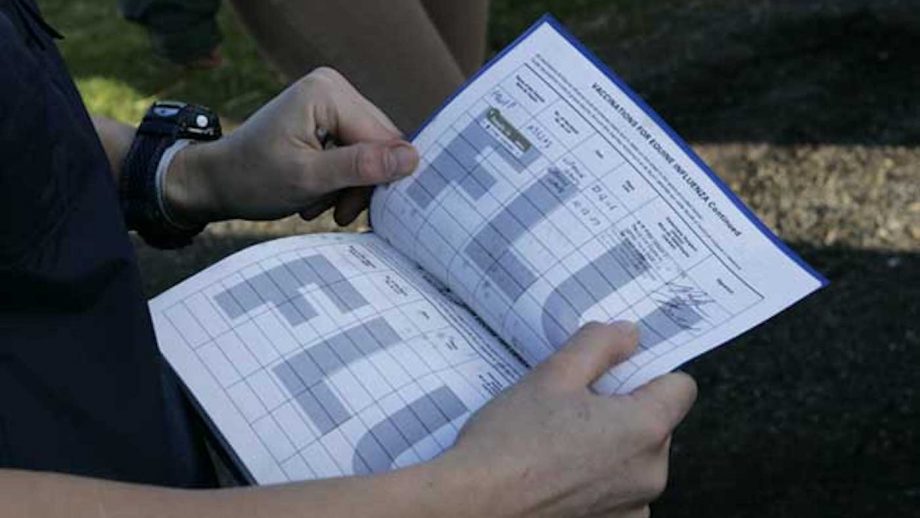
Equine flu: what all owners need to know to protect their horses
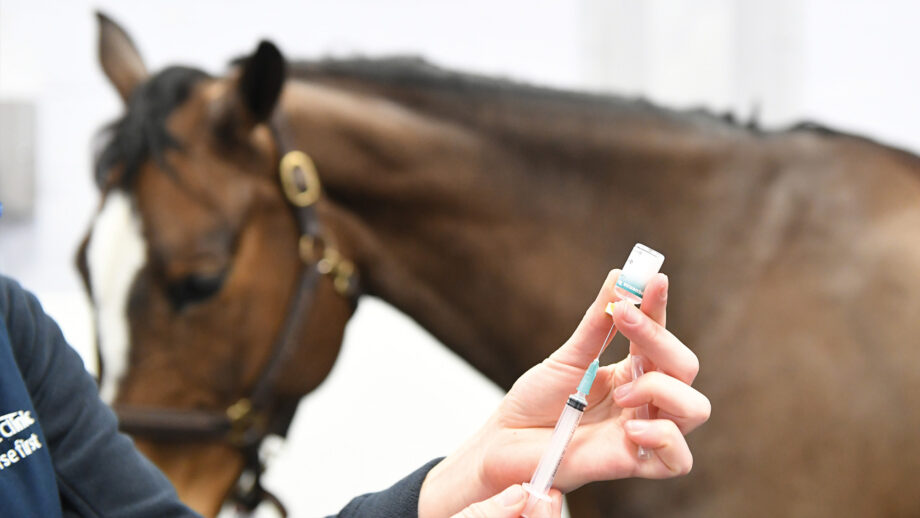
Horse & Hound’s definitive guide to equine vaccinations

Subscribe to Horse & Hound magazine today – and enjoy unlimited website access all year round
Horse & Hound magazine, out every Thursday, is packed with all the latest news and reports, as well as interviews, specials, nostalgia, vet and training advice. Find how you can enjoy the magazine delivered to your door every week, plus options to upgrade your subscription to access our online service that brings you breaking news and reports as well as other benefits.

